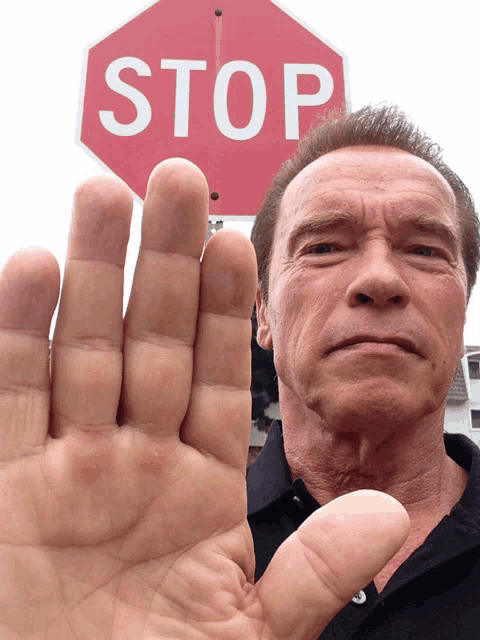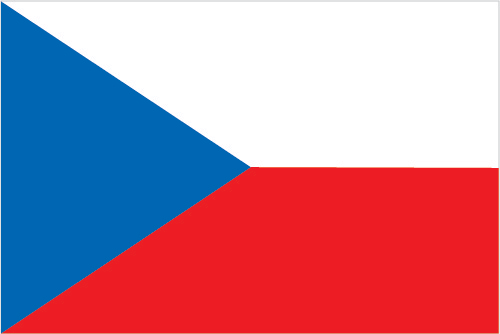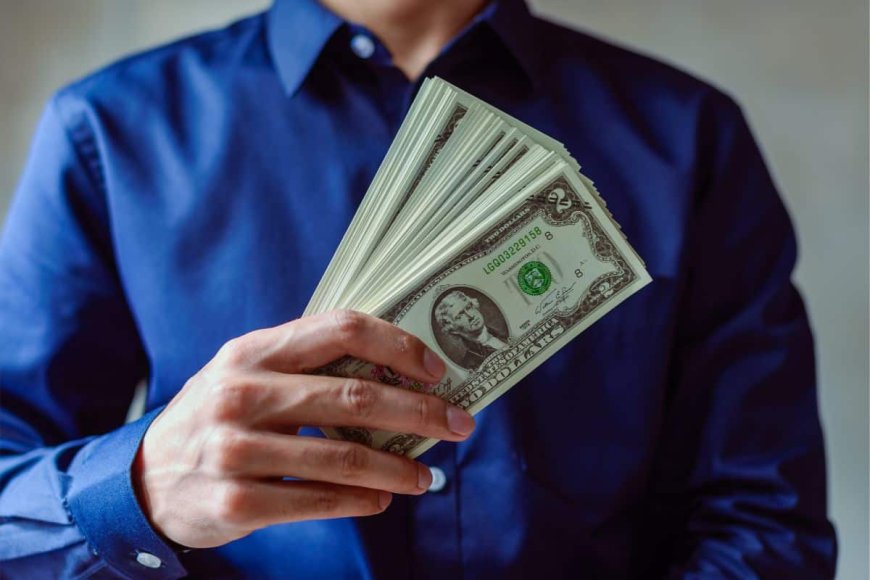The world of sports betting may seem simple at first glance: you choose your favorite team, check the odds, place a bet, and wait anxiously for the outcome. But behind the scenes, an entire industry operates with sophisticated mathematical and financial models that ensure bookmakers always win in the long run. In this article, we’ll look at how odds are calculated, what a margin is, how it’s applied to probabilities, and how winning bettors are handled.
What Are Odds and What Do They Mean?
Odds show how much you can win on a given bet, and they also reflect the bookmaker’s estimation of the likelihood of an event. In a way, odds are the inverse of probability.
Example:
-
If the probability of an event is 50%, the fair odds would be: 1 / 0.5 = 2.00
-
This means for a 10 EUR bet, you would get 20 EUR back if you win
However, bookmakers do not offer fair odds – and this is where the margin comes in.
The Margin: How Bookmakers Make Money
The margin (also known as overround or vig) is the bookmaker’s built-in profit, present in every odd they offer. It distorts the real probabilities and ensures their balance is always positive in the long run.
Example:
Let’s say a tennis match has the following odds:
| Player | Odds | Probability (%) |
| Djokovic | 1.50 | 66.67% |
| Alcaraz | 2.70 | 37.04% |
| Total: | 103.71% |
The total of the implied probabilities is more than 100%, meaning the bookmaker has built in a profit margin. The extra 3.71% is the margin – this is what every bettor “pays” when placing a bet.
Types of Odds and How They Change
Most bookmakers use dynamic odds, meaning the odds can change based on the amount of money placed on each outcome, breaking news, or even an athlete’s injury.
Main reasons behind odds movements:
-
Market money flow – if a lot of money goes in one direction, the odds decrease
-
New information – for example, injury reports, coach statements, or weather updates
-
Following other bookmakers – big bookmakers often adjust their odds to align with market leaders
Some bookmakers have their own oddsmakers, while others follow market leaders like Pinnacle or Bet365.
How Are Odds Calculated?
Modern sports betting is powered by complex statistical models. Major bookmakers use databases, machine learning, and AI to predict the outcome of events.
Key factors considered:
-
Past results (form, stats)
-
Event-specific features (home advantage, motivation)
-
Live data (e.g., xG, possession)
-
Market behavior (what the crowd is betting on)
From this, they calculate probabilities, then convert them into odds while adding their built-in margin.
Handling “Too Good” Bettors: Limits and Bans

Not all bettors are treated equally. Bookmakers analyze players: if someone is consistently profitable, they are labeled a “sharp” bettor and are monitored.
What can the bookmaker do?
-
Lower their maximum stake (“limit” them)
-
Exclude them from certain markets (e.g., only allow live bets)
-
In extreme cases, ban the account altogether
This happens because bookmakers dislike value bettors – those who consistently bet on outcomes that the market underestimates.
Arbitrage and Value Betting – The Bookmaker’s Enemies
There are two strategies that bookmakers explicitly try to avoid:
-
Arbitrage betting – using different bookmakers to lock in guaranteed profit due to differing odds
(e.g., Bookmaker A gives 2.10 for Home Win, Bookmaker B gives 2.10 for Away Win) -
Value betting – betting where the bettor believes the odds offered are higher than the real probability
(e.g., odds of 3.00 for an event with a 40% chance)
These are both profit-oriented strategies, and bookmakers use software algorithms to detect such patterns.
Final Word: Is It Possible to Win in the Long Run?
Yes – but it’s very difficult. Bookmakers start with a serious advantage and aim to profit from every bet placed. To be successful, it’s not enough to love sports – you need data analysis skills, discipline, and bankroll management.
Odds must be interpreted mathematically, not emotionally. And if we understand how “the other side” – the bookmaker – thinks, we can get one step closer to evening the odds.
Pro tip to close:
If a bookmaker offers odds that seem “too good to be true” – always ask yourself:
Why are the odds this good? What are they seeing that I’m not?


 Magyar
Magyar  čeština
čeština  Polski
Polski  Slovenčina
Slovenčina 






